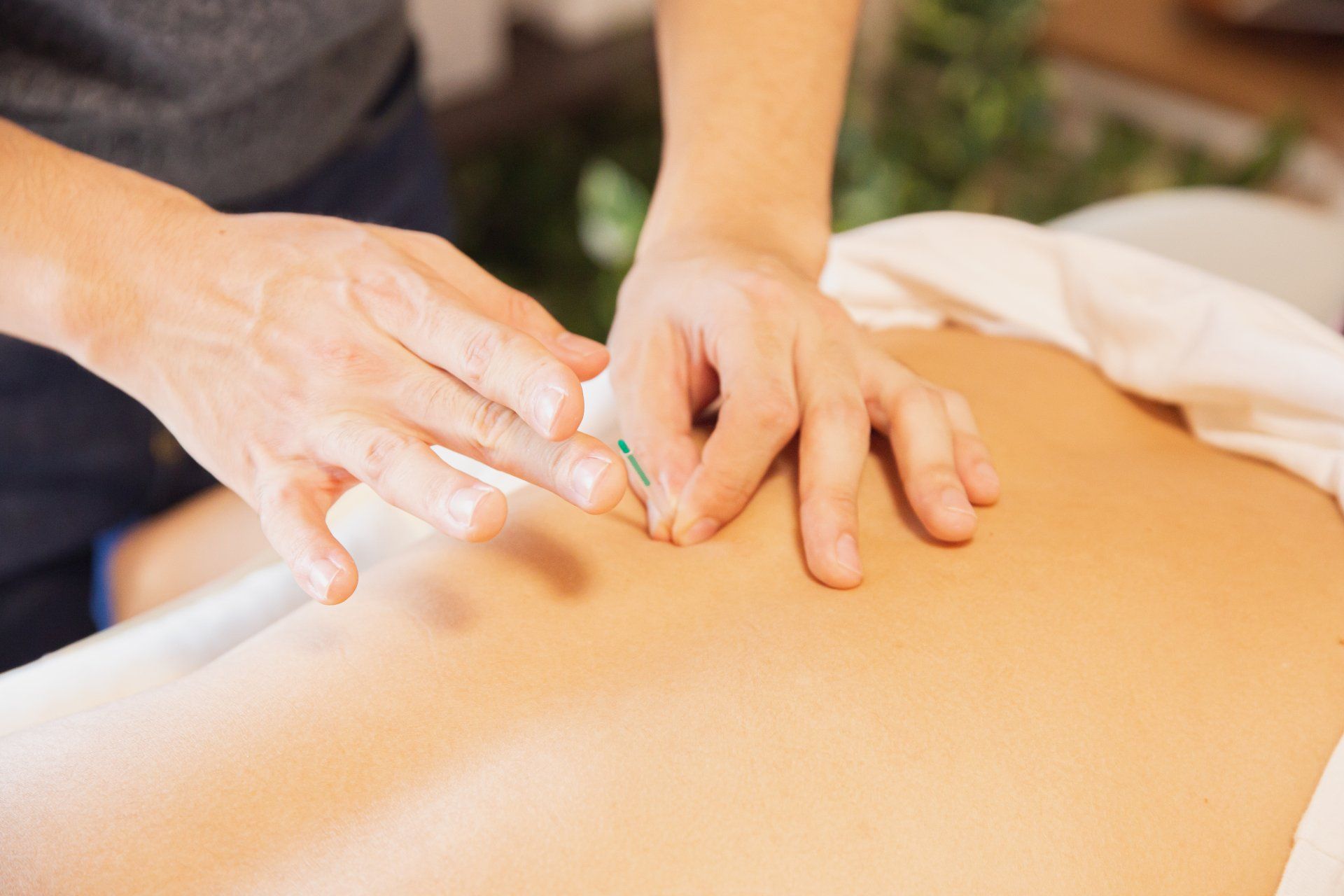PCOS and Coenzyme Q10 Supplementation

Polycystic ovary syndrome (PCOS) is one of the most common causes of infertility in women, affecting up to 10% of women of childbearing age. Despite what the name suggests, it is actually a disorder of the endocrine system–think hormones! You can even be diagnosed with PCOS even without having ovarian cysts.
PCOS is characterized by high levels of androgens (“male hormones), including testosterone, androstenedione, dihydrotestosterone (DHT), dehydroepiandrosteron (DHEA) and DHEA sulfate (DHEA-S). Higher than normal levels of insulin are also common due to to insulin resistance (much like that seen in type 2 diabetes) over time. When you have insulin resistance, your insulin isn’t working as well as it should to signal for glucose to be transported out of the blood and into the cells of the body to be used for energy. To compensate, the pancreas produces more insulin leading to high insulin levels, which seem to drive the higher testosterone levels in PCOS.
A recent study suggests that supplementation of Coenzyme Q10 (CoQ10), has beneficial effects on glucose metabolism as well as serum total and LDL cholesterol levels in people with PCOS. In this study subjects took 100 mg of CoQ10 daily for a 12-week period at the conclusion of the study a notable improvement in overall fasting glucose, insulin resistance, and total and LDL cholesterol was observed in subjects.
So, what is Coezyme Q10? Coenzyme Q10 (CoQ10) is a nutrient that occurs naturally in the body. CoQ10 is also in many foods we eat. CoQ10 is involved in energy production and acts as an antioxidant, which protects cells from damage and plays an important part in the metabolism.
Unfortunately, as we age, naturally occurring levels of CoQ10 in our body decline. Evidence suggests that supplementing CoQ10 may help many different conditions such as high blood pressure and heart failure and most recently PCOS.
Want to learn more about how supplements can help you? Schedule a nutrition consult and work with one of our Registered Dietitians to develop an individualized supplement and treatment plan specifically designed for you!



